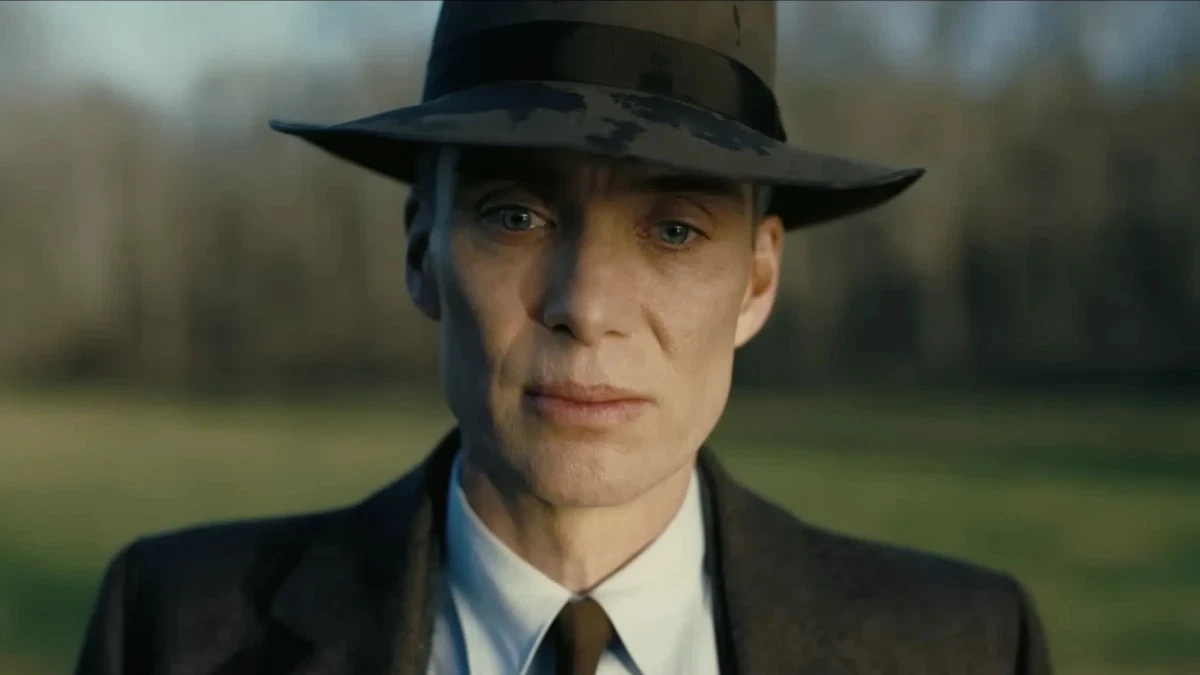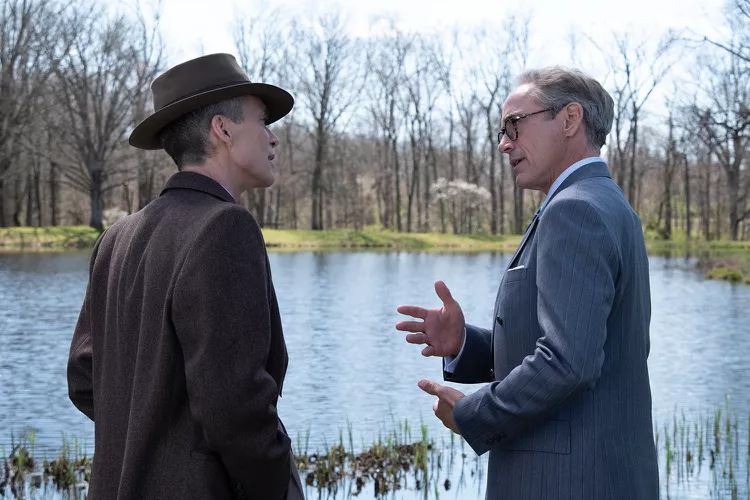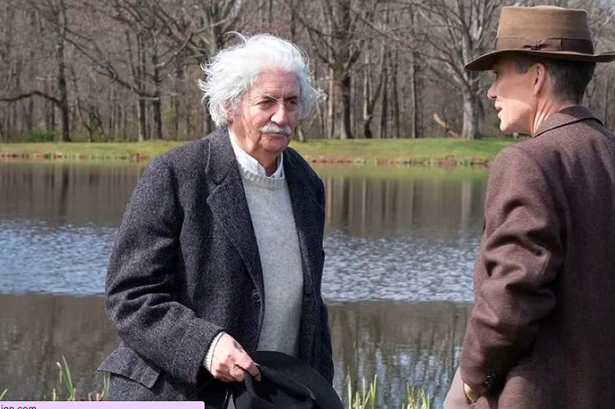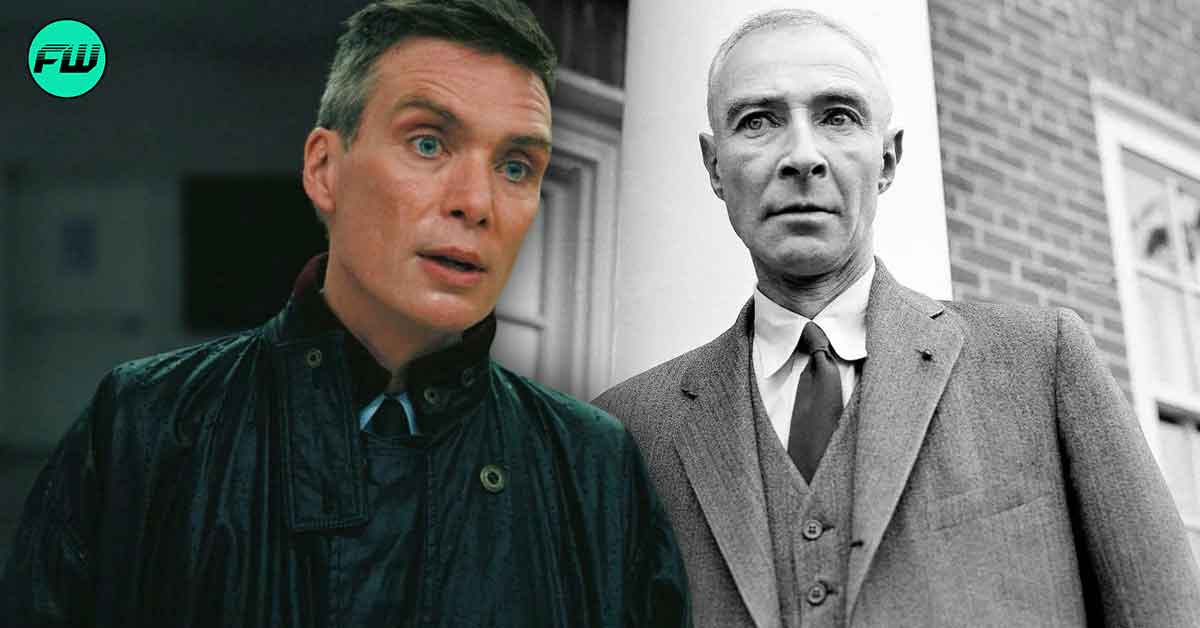SPOILER ALERT: The Article Contains Spoilers for Oppenheimer
Christopher Nolan’s new biopic Oppenheimer is facing intense criticism over a shocking fictional scene suggesting brilliant physicist J. Robert Oppenheimer once attempted murder. Oppenheimer’s own grandson has publicly denounced the violent moment as completely fabricated and an act of slander that irrevocably taints his grandfather’s name. This latest controversy only furthers the debate around Hollywood biopics blending fact with fiction when dramatizing real people’s lives.

With its fictional murder plot line, Oppenheimer has angered scientists and historians in addition to Oppenheimer’s family. Many argue that putting clearly invented words and actions into a real person’s mouth unfairly alters the perception of who they really were. This backlash raises ethical questions about biopic directors’ creative responsibility.
Murder Scene Labeled Slanderous
In the film, Cillian Murphy‘s Oppenheimer character tries to poison a colleague. But Oppenheimer’s grandson insists there’s no evidence any such murder attempt occurred. He argues depicting it falsely portrays the scientist as homicidal.
Speaking to Time magazine this week, Charles Oppenheimer said,
“The part I like the least is this poison apple reference, which was a problem in ‘American Prometheus,'” said Charles Oppenheimer. “If you read ‘American Prometheus’ carefully enough, the authors say, ‘We don’t really know if it happened.’ There’s no record of him trying to kill somebody.”
Oppenheimer’s grandson added:
“That’s a really serious accusation and it’s historical revision. There’s not a single enemy or friend of Robert Oppenheimer who heard that during his life and considered it to be true.”
Charles Oppenheimer went on to say that he “definitely would have removed the apple thing,” but can’t imagine giving advice to Nolan, who he called an “expert” and a “genius.”

The family says this wholly fabricated murder plot grossly misrepresents Oppenheimer’s character. They argue such severe false allegations could forever alter public perception of the physicist’s life story.
Creative License Defended by Filmmakers
Director Christopher Nolan defended his right to take creative liberties in portraying the complex man behind the atomic bomb. He said dramatizing Oppenheimer’s inner turmoil requires some imagination, but is not meant as slander.

The director maintains the fictional murder scene serves a narrative purpose in illustrating Oppenheimer’s psychological distress over his creation’s deadly consequences. Nolan believes adding this drama is protected creative expression.
Legacy Hanging in the Balance
Criticism over Oppenheimer’s fictionalized version of events sparks renewed debate over ethical boundaries for biopics. As film blurs fact and fiction, the real Oppenheimer’s merit risks being tarnished by Hollywood’s take.

Historians worry that depicting Oppenheimer as murderous could permanently alter perceptions of the scientist, overshadowing his actual achievements with false controversies.
The furious backlash over Oppenheimer’s fictional murder scene highlights the power of biopics to potentially rewrite history. Directors must balance creative storytelling with the duty of preserving real reputations.
Source: Twitter

